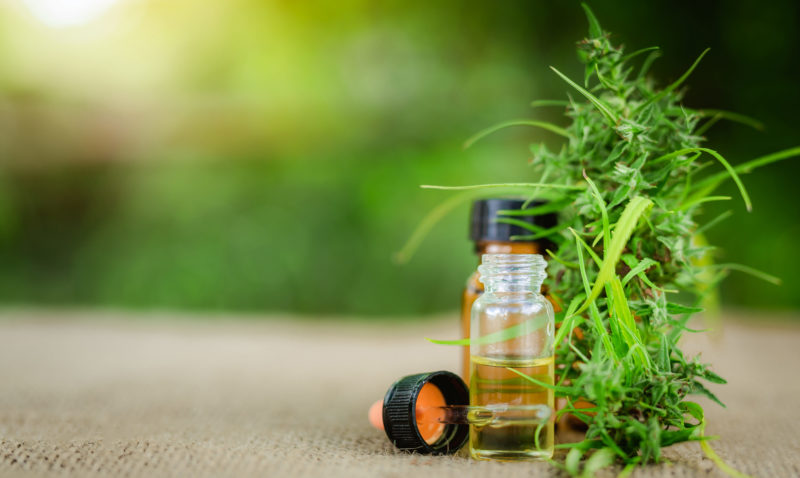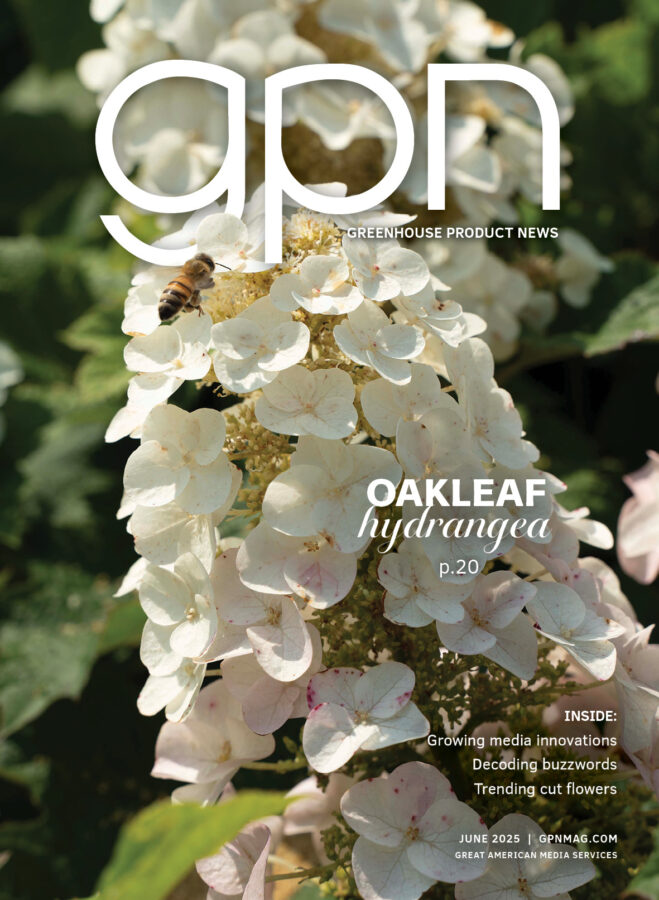
FDA Rejects Applications for CBD as Dietary Supplement
The Food and Drug Administration has rejected two new dietary ingredient (NDI) notifications for full-spectrum hemp extract containing cannabidiol (CBD) submitted by Charlotte’s Web and Irwin Naturals. In letters addressed to each company, the FDA stated full-spectrum hemp extract “may not be marketed as or in a dietary supplement.”
The FDA noted CBD is the active ingredient in Epidiolex, an approved drug product, and thus cannot be authorized for use as a dietary supplement. The agency also cited safety concerns.
The FDA’s response indicates to Charlotte’s Web that the CBD market will remain unregulated without legislation by Congress, according to a company statement.
The statement reads:
“Over the last 18 months, Charlotte’s Web collaborated with the FDA, providing information about the cultivation, extraction, manufacturing, use and safety behind our proprietary FSHE with naturally occurring levels of CBD. We also supplied research evidencing our FSHE to be different from purified CBD in isolate form which is an FDA-approved drug.
“The FDA’s position that our FSHE with naturally occurring CBD is the same as CBD isolate is inconsistent with several credible publications we provided, which evidence that the products are different pharmacologically. Since the passing of the 2018 Farm Bill, there has been significant reliance on the FDA to create a regulatory pathway for the hemp wellness category. However, after two and a half years, it is increasingly apparent that, in the FDA’s own words: ‘legislation might be appropriate.’ We agree with the FDA’s suggestion that Congress act by passing legislation to enable FDA oversight of FSHE as a dietary supplement, to properly regulate the hemp wellness category.”
The FDA objection to the NDIN does not impact the existing business operations of Charlotte’s Web but does provide useful guidance about what’s required to secure a regulatory framework for FSHE as a dietary supplement.
Two industry groups so far have voiced their disappointment in the FDA’s decision.
Council for Responsible Nutrition, President and CEO Steve Mister:
“CRN is extremely disappointed to learn that FDA rejected NDI notifications for full-spectrum hemp extract containing CBD submitted earlier this year by supplement manufacturers Charlotte’s Web and Irwin Naturals. Ultimately, it seems that the agency engaged these supplement companies in a months-long process unnecessarily.
“FDA has wrongly mischaracterized these products as the same article as a prescription drug and has ignored, dismissed, and downplayed ample evidence that these full-spectrum hemp products can be marketed in a manner that is reasonably expected to be safe. Meanwhile, the agency has done little to protect consumers from the unregulated marketplace it has created from more than two years of inaction.
“FDA also claimed the full-spectrum ingredients containing CBD and Epidiolex should be considered the same ‘article,’ a term used for purposes of determining what substances are eligible to be dietary supplements under the Federal Food, Drug and Cosmetic Act. However, Epidiolex, manufactured by GW Pharma, is a highly concentrated CBD isolate that contains 10 times more CBD than either of the full-spectrum hemp ingredients and plainly is not the same article supplement companies are producing, as CRN has argued for several years.
“FDA is failing America’s hemp farmers, supplement manufacturers, retailers, and most importantly—170 million supplement consumers. Congress must take action now.”
U.S. Hemp Roundtable:
“The U.S. Hemp Roundtable is deeply disappointed to witness FDA’s rejection of two dietary ingredient notifications (NDINs) recently submitted for full spectrum hemp extracts. FDA’s actions send a discouraging message to the entire hemp and CBD industry, especially in light of the fact that these firms provided more than ample safety data and cooperated with FDA’s requests throughout the process. When held to the same regulatory standards as other dietary supplements and food ingredients, hemp-derived CBD products have a strong safety profile; the dangers to consumers are only posed by the unregulated marketplace that FDA continues to propagate.
“This should be a clarion call to Congress that it is time to step in and pass legislation to ensure that CBD products are held to the same standard as all dietary supplements and food ingredients, and to reject an NDIN-only path. It’s been more than two and a half years since hemp was legalized by the 2018 Farm Bill, and without congressional intervention, the hemp farming industry will continue to struggle, and consumers stand to lose as well.”
— Ana Olvera, managing editor









